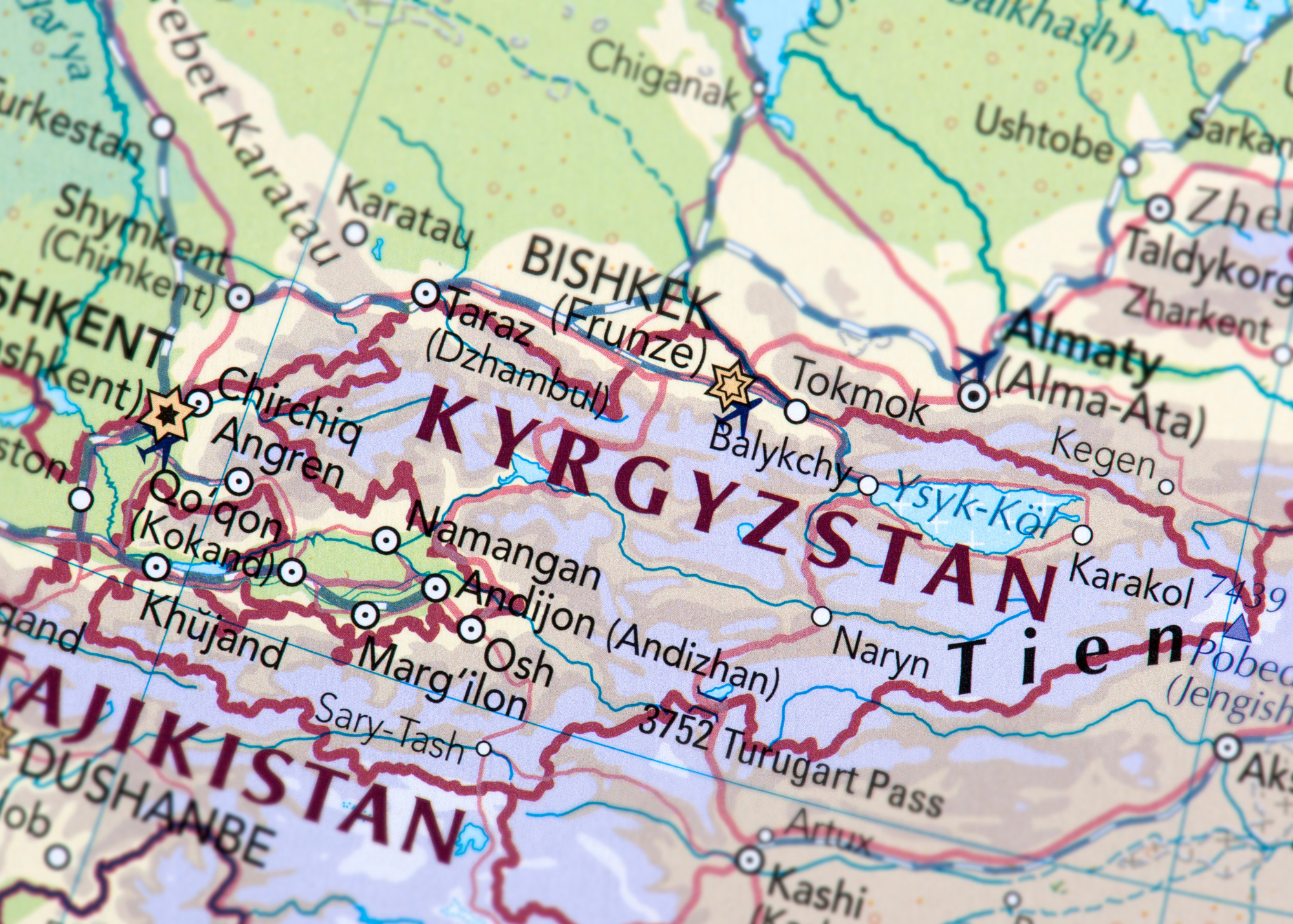Dear Friends of Utah Global Diplomacy,
In 2018, I had the pleasure of meeting a U.S. Department of State International Visitor Leadership Program (IVLP) alumna who was honored at the conference for her work in Kyrgyzstan.
To more than 600 conference attendees, the alumna shared her delegation in 2008 — ten years earlier — visited Utah and met with the Boys & Girls Club of Greater Salt Lake. That single meeting was the pivotal moment that set the trajectory for the work she would go on to accomplish, which was to open after-school community centers that engage children and teenagers from low-income and large families. Additionally, they conduct training on healthy lifestyles and gaining life skills, and counselors and psychologists provide counseling services to children and their parents on improving relationships.
After the talk, I introduced myself to the alumna as the nonprofit executive director who hosted her delegation in Utah. I was so excited to hear about the long-term impact Utah had on the work she was doing in Kyrgyzstan. I asked how many students her community centers have served over the past ten years. Her eyes teared up as she shared that the impact of her centers was not measurable because while they serve youth, those youth are sharing their experiences and knowledge with their families, resulting in entire villages changing.

Wow — at that moment, a light bulb turned on! Public diplomacy is a form of foreign assistance, and together they create a more peaceful and prosperous world.
Let me explain what I mean.
Public diplomacy and foreign assistance are critical components of the United State’s foreign policy, and they play an essential role in shaping international relations. Public diplomacy involves using communication and other outreach strategies to promote a country’s image and influence in the world, while foreign assistance consists of providing aid and support to other countries to help them develop and improve their living conditions. Our work at Utah Global Diplomacy is guided by citizen diplomacy — a form of public diplomacy — which is the concept that everyone has the right and responsibility to help shape U.S. foreign relations one handshake at a time.
While we do not provide direct aid and financial support to foreign entities, we support foreign assistance by introducing business owners, government officials, nonprofit executives, and faith leaders from around the world to our community’s business owners, government officials, nonprofit executives, and faith leaders so that together they can share ideas, knowledge, best practices, and connections.
The value of citizen diplomacy lies in its ability to shape public opinion, build mutual trust and understanding, and promote interests and collaboration between countries. Citizen diplomacy takes many forms from professional exchanges, arts and humanities exhibits, sports diplomacy, visiting scholars, trade missions, and educational initiatives. These efforts help promote a country’s values, culture, and interests while building bridges between people of different countries.
One of the critical benefits of citizen diplomacy is that it can help to break down cultural barriers and promote cross-cultural understanding. Through exchange programs, for example, people from different countries can learn about each other’s cultures, languages, and traditions while developing a greater appreciation for their differences and similarities. This can help to reduce prejudice, stereotypes, and misunderstandings and promote a more peaceful and prosperous world.
Another benefit of citizen diplomacy is that it can help to build trust and credibility between countries. When a country is seen as transparent, open, and willing to engage with others, it can help to build goodwill and trust. This can be particularly important in times of conflict or tension, where citizen diplomacy efforts can help to de-escalate tensions and promote a more constructive dialogue.

On the other hand, foreign assistance plays a critical role in promoting development and stability in other countries by helping other countries improve their living conditions, strengthen their economies, and build the capacity to govern themselves effectively. Our professional exchange programs foster sharing ideas and best practices and creating global connections.
Like the IVLP alumna I spoke with at the 2018 conference, when our delegates return to their countries, they are empowered to develop innovative solutions that meet the needs of their citizens, including food, healthcare, education, and transparent governance. They also create solutions that promote economic growth and development in other countries. They create new businesses, collaborate with existing ones, facilitate trade, and create jobs. This can help to reduce poverty, increase economic opportunities, and promote long-term sustainable development.
As a result, they are less likely to experience social unrest, political instability, or conflict. This can help to promote peace and stability not only in a country but in the broader region.
However, it is important to note that citizen diplomacy and foreign assistance are not without their challenges. One of the main challenges of citizen diplomacy is that it can be difficult to measure its impact. When empowering people worldwide to create effective, efficient, and sustainable solutions in their countries, it isn’t easy to pinpoint the conversation that sparked these innovative ideas.
Nonetheless, citizen diplomacy plays an essential role in shaping international relations and promoting peace, stability, and development worldwide. By promoting cross-cultural understanding, building trust and credibility, and sharing ideas, together, we build a better world for all.
Globally,
Felecia Maxfield-Barrett
Executive Director
(This article was originally published on Medium, March 2, 2023.)

